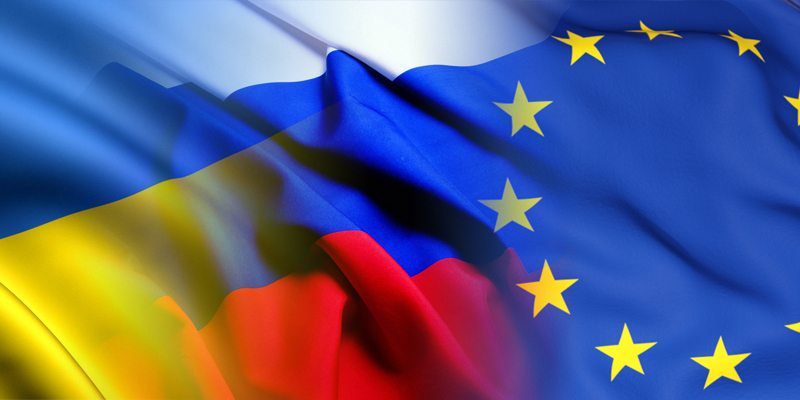
KYIV. Aug 13 (Interfax) – The next trilateral consultations between Ukraine, the European Union, and Russia concerning the establishment of a Ukrainian-EU free trade area are planned for September, says Ukrainian Foreign Minister Pavlo Klimkin.
“The next consultations will be held at a ministerial level in September,” Klimkin said at a news briefing following a meeting with Belarusian Foreign Minister Vladimir Makei in Kyiv on Wednesday.
Klimkin said he had informed his Belarusian counterpart of consultations with the European Commission and Russia regarding Russia’s claim that the implementation of the Ukrainian-EU association agreement would have a negative effect on Russian businesses.
Klimkin also said that the ministerial consultations scheduled for September would have to be held “with an approach toward how cooperation in various formats should be arranged.”
The parties also raised the issue of the Eastern Partnership, Klimkin said. “We have different short-term political goals. We will be moving consistently through association with the EU to carry out all reforms essential for filing an EU membership bid. Belarus is using the Eastern Partnership’s opportunities in its own way. Therefore, we have a lot of common points and a lot of projects,” Klimkin said.
The trade and economic section of the EU-Ukrainian association agreement would fully start working on January 1, 2016, when a free trade agreement between the EU and Ukraine takes effect. Russia has repeatedly claimed that the agreement’s implementation by Ukraine would jeopardize Russian producers, especially as concerns technical regulation and sanitary, phytosanitary, and veterinary control.
Russian Prime Minister Dmitry Medvedev signed a government directive in September 2014 to extend most-favored nation treatment (that is, in fact, regular trade terms) to Ukraine, but its entry into effect has been suspended and tied precisely to the outcomes of the negotiations on eliminating risks for the Russian economy.
The participants in the EU-Russia-Ukraine ministerial negotiations on May 18 reaffirmed their commitment to the development of trade in the region as a way to secure inclusive economic growth, agreed to step up their efforts, and instructed their experts to complete practical resolution the problems raised by Russia, in particular, in customs cooperation, technical barriers in trade, and sanitary and phytosanitary issues, the document says. The experts were instructed to report the results of their work not later than in July.
Trilateral technical consultations at an expert level were held on June 4-5 and July 7-8 to discuss technical regulations, sanitary and phytosanitary problems, and customs cooperation.
Ukrainian Deputy Economic Development and Trade Minister Nataliya Mykolska said on July 7 that remarks by Russian officials on the intention to set quotas on exports of Ukrainian goods called into question Russia’s desire to look for practical solutions within the framework of a process agreed upon between the parties.
Following trilateral technical consultations at an expert level on July 7, Mykolska said: “There is no constructive element in Russia’s position, and it goes beyond the May 18 agreements between the ministers.” She also said Ukraine would insist on its positions at these negotiations, without giving more details.
The European Commission’s Directorate-General for Trade reported on its website on August 6 that the EU-Russia-Ukraine ministerial negotiations would take place in Brussels on September 7. The negotiations would be aimed at making further progress in practical decisions related to Russia’s concerns about the implementation of the EU-Ukrainian free trade agreement.